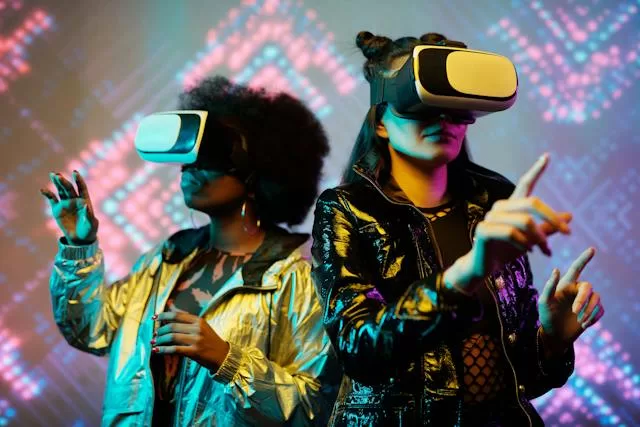This post contains some affiliate links, we may earn an affiliate commission if you click and make a purchase, at no extra cost to you.
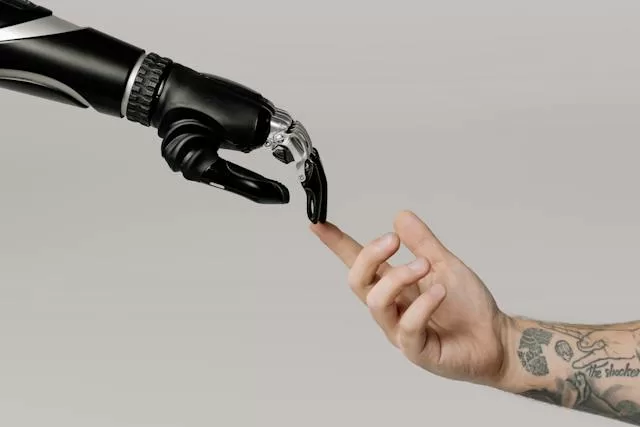
Artificial Intelligence (AI) has become an integral part of our everyday lives, revolutionizing the way we interact with technology. From voice assistants to personalized recommendations, AI has transformed various aspects of our daily routines. In this blog post, we will explore the impact of AI on everyday life and how it is reshaping technology as we know it.
Personalized Recommendations

1. E-commerce: AI algorithms analyze user behavior, preferences, and purchase history to provide personalized product recommendations. This enhances the shopping experience, saves time, and helps users discover new products tailored to their interests.
2. Streaming Services: AI-powered recommendation systems suggest movies, TV shows, and music based on user preferences and viewing history. This enables users to discover content that aligns with their tastes, leading to a more enjoyable entertainment experience.
3. News and Content Curation: AI algorithms curate news articles, blog posts, and social media content based on user interests and browsing history. This ensures that users receive relevant and personalized information, saving them time and providing a more tailored news experience.
Virtual Assistants
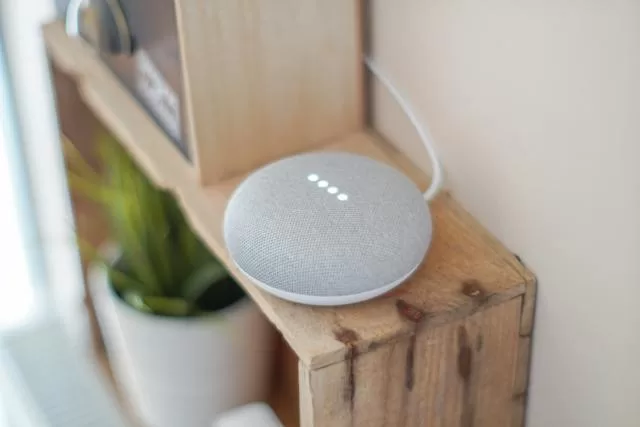
1. Voice Recognition: AI-powered virtual assistants, such as Siri, Alexa, and Google Assistant, utilize natural language processing and voice recognition to understand and respond to user commands. These assistants can perform tasks, answer questions, and provide information, making daily tasks more efficient and convenient.
2. Smart Home Integration: AI-powered virtual assistants can control various smart home devices, such as thermostats, lights, and security systems. Users can use voice commands to adjust settings, turn on/off appliances, and enhance the overall comfort and security of their homes.
3. Personalized Assistance: Virtual assistants can learn user preferences and habits over time, providing personalized recommendations and reminders. They can schedule appointments, set alarms, and even offer suggestions based on user behavior, making everyday life more organized and efficient.
Healthcare and Wellness
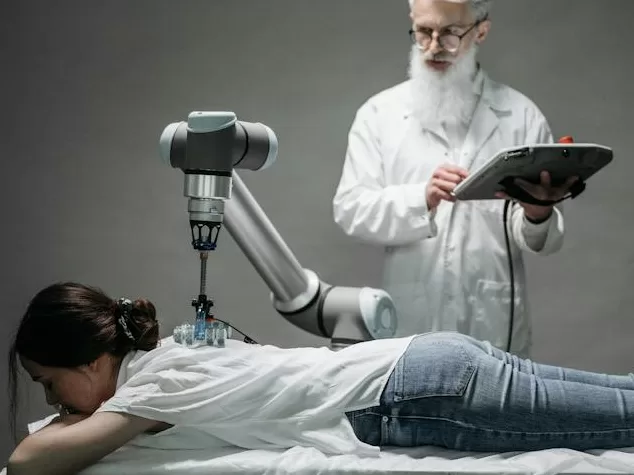
1. Medical Diagnosis: AI algorithms can analyze medical data, symptoms, and patient history to assist in diagnosing diseases and conditions. This technology helps healthcare professionals make more accurate and timely diagnoses, leading to improved patient outcomes.
2. Remote Monitoring: AI-powered devices can monitor vital signs, such as heart rate, blood pressure, and glucose levels, remotely. This enables healthcare providers to track patients’ health conditions and intervene when necessary, improving patient care and reducing hospital visits.
3. Mental Health Support: AI-powered chatbots and virtual assistants can provide mental health support by offering resources, coping strategies, and even personalized therapy sessions. This technology helps individuals access mental health support conveniently and reduces the stigma associated with seeking help.
Transportation and Navigation
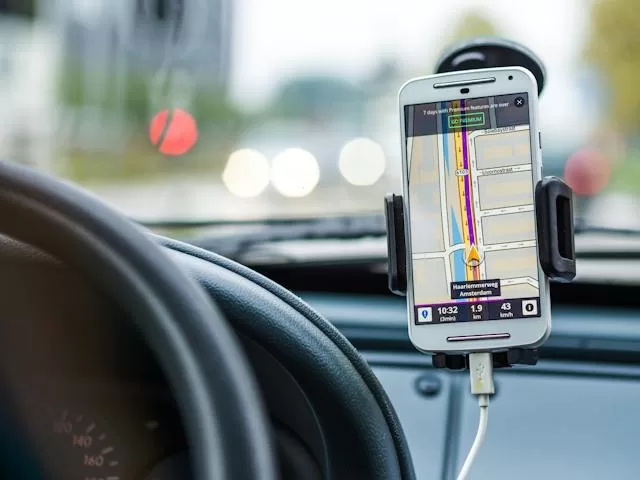
1. Autonomous Vehicles: AI plays a crucial role in the development of autonomous vehicles. AI algorithms analyze sensor data, traffic patterns, and road conditions to make real-time decisions, enhancing safety and efficiency on the roads.
2. Navigation Systems: AI-powered navigation systems use real-time data to provide optimal routes, taking into account traffic conditions, accidents, and road closures. This technology helps users save time and navigate unfamiliar areas with ease.
3. Ride-Sharing Services: AI algorithms match drivers with passengers based on location, availability, and user preferences. This technology optimizes the efficiency of ride-sharing services, reducing wait times and improving the overall experience for both drivers and passengers.
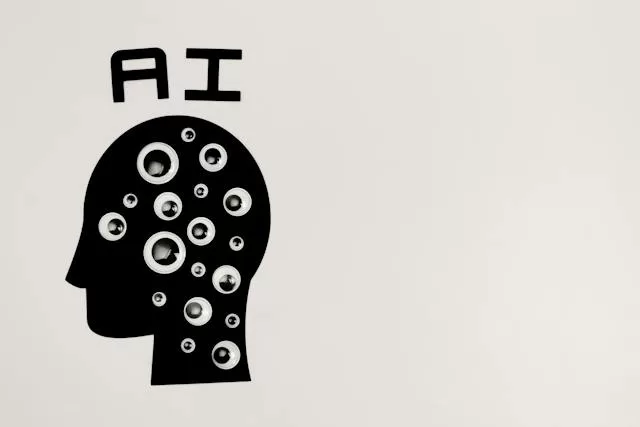
AI has become an integral part of our everyday lives, transforming technology and enhancing various aspects of our routines. From personalized recommendations to virtual assistants, it has revolutionized the way we interact with technology, making our lives more convenient, efficient, and enjoyable. As AI continues to advance, we can expect further integration of this technology into our daily lives, shaping the future of technology and improving our overall quality of life.
This post contains some affiliate links, we may earn an affiliate commission if you click and make a purchase at no extra cost to you.

